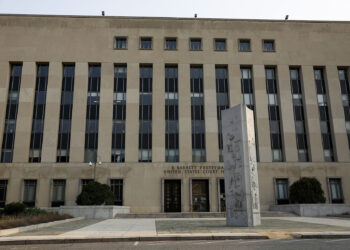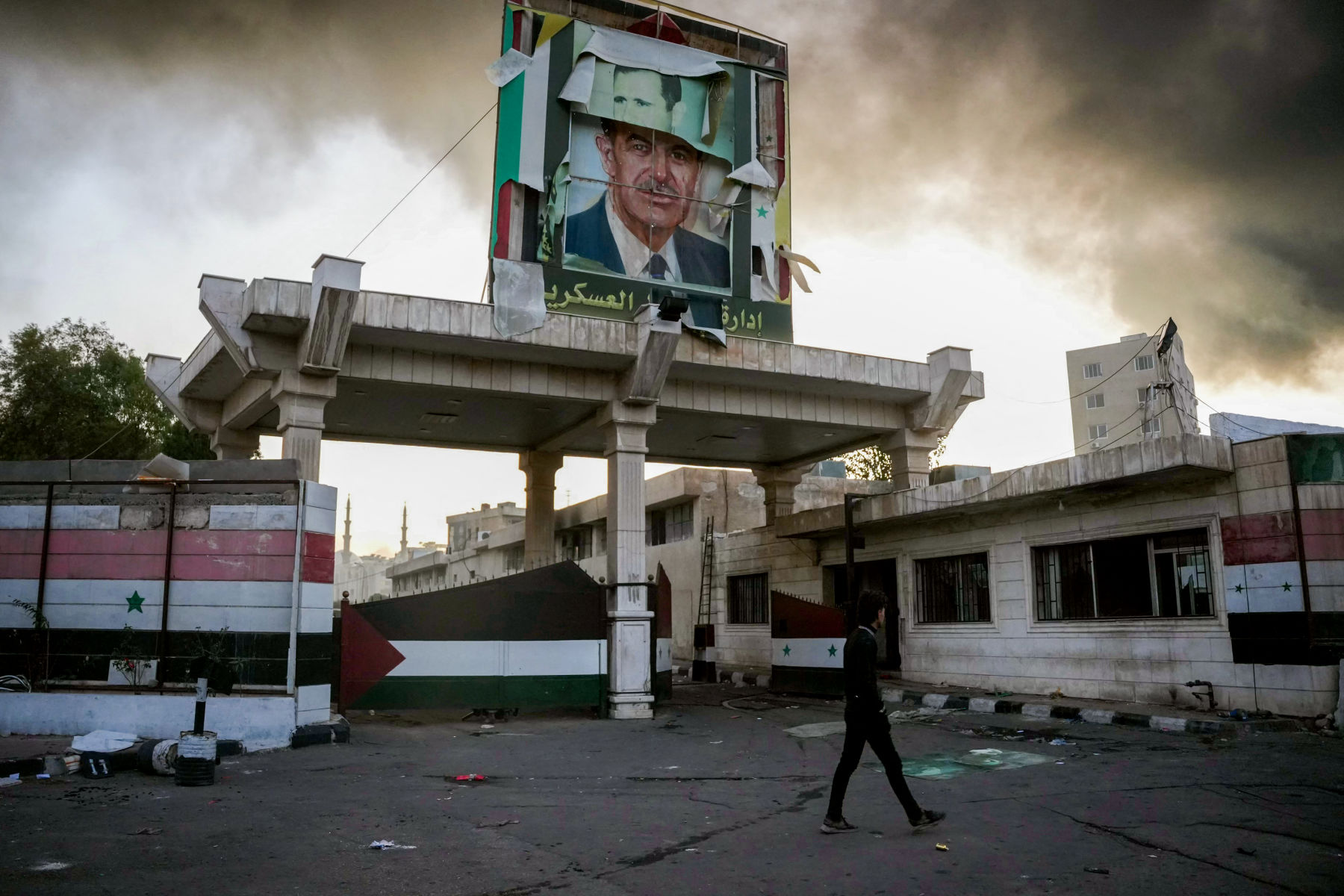Juan Cole is the Richard P. Mitchell Collegiate Professor of History at the University of Michigan. He is also a non-resident fellow at DAWN and a non-resident fellow at the Center for Conflict and Humanitarian Studies in Doha.
As soon as he is sworn in as president, Joe Biden has the rare opportunity to do the right thing and simultaneously to gain both a foreign policy victory and a domestic political one by ceasing U.S. military aid to the war on Yemen.
Led by Saudi Arabia and the United Arab Emirates, the conflict has killed more than 200,000 people, has destroyed key infrastructure, has contributed to cholera outbreaks, and has left 20 million Yemenis food-insecure. Both houses of the U.S. Congress passed a measure last year invoking the War Powers Act and withdrawing the United States from the Yemen War, in votes that included seven Senate Republicans and sixteen House Republicans, but the Resolution was vetoed by President Donald Trump when it reached his desk.
For Biden to withdraw U.S. assistance will not be enough to end the war. The new American president should, like Germany, make it clear to both Arab nations that they cannot expect to purchase high-tech weapons systems as long as they are pursuing this ruinous war. There is already bipartisan opposition to the sale of F-35 stealth bombers to the UAE. These aircraft were pledged by the Trump administration as part of the so-called "Abraham Accords," in which Abu Dhabi normalized relations with the State of Israel, which was not so much a peace accord as an arms deal.
Yemen's tragedy began in 2015, when Saudi Arabia's then-defense minister, now-Crown Prince Mohammed Bin Salman and the UAE's de facto ruler, Crown Prince Mohammed Bin Zayed Al Nahayan, led a coalition in launching the war. They were alarmed that the Houthis — the colloquial name of the Helpers of God (Ansar Allah), a party-militia hailing from the Zaydi branch of Shiism — had made a coup in Sanaa, deposing the President Abd-Rabbo Mansour Hadi.
Mansour Hadi had come to power in a 2012 referendum after his predecessor was overthrown in the Arab Spring youth revolts. After ousting Mansour Hadi, the Houthis made a bid to take over the entire country, seizing the southern port of Aden briefly before being expelled by troops from the Emirates allied with the nationalist forces of the deposed president.
Although the belligerents charge that the Houthis are puppets of Iran, in fact the Helpers of God are an indigenous Yemeni movement growing out of grievances about Saudi hegemony over their country and Wahhabi attempts to convert them. Iran subsequently took advantage of the Saudi-UAE intervention to provide the Houthis with some armaments, including long-distance rockets, and tens or even hundreds of millions of dollars in aid, including fuel. These are relatively small Iranian contributions to a war that has cost the belligerents billions of dollars.
Iran's involvement has been exaggerated by the belligerents for propaganda purposes. In fact, most Houthi arms are American and come from Yemeni army depots to which the rebels were given access by a faction of the Yemeni military that sided with them.
The war has riven Yemen's major political forces, and the Houthis are not the only issue — southern secessionists, the al-Islah offshoot of the Muslim Brotherhood, and the nationalists have fought one another as well as the Helpers of God. Saudi Arabia's proxies have sometimes gone to war with those of the UAE. More than a half decade later, Saudi Arabia and the UAE have signally failed to win the war, but they have contributed to transforming Yemen into the world's worst humanitarian crisis.
U.N. Under-Secretary-General for Humanitarian Affairs and Emergency Relief Coordinator Mark Lowcock reported in October that there are now 47 active military fronts across the nation, which have displaced 150,000 Yemenis this year alone. A million persons displaced since fighting began have sought shelter in and around Marib in the south, where a major battle may break out. He estimates that air strikes or artillery barrages have hit at least one farm daily for the past two years, and that damage to civilian infrastructure is ongoing and widespread, worsening the country's acute food shortage.
The mother of all crises would be closure of the country's main port for the north, al-Hodeidah, through which a significant percentage of the country's food is imported. It is besieged by Saudi- and UAE-backed national forces of deposed President Mansour Hadi, and roads leading out of it are often closed. Lowcock warned of al-Hodeidah, "Anything jeopardizing its smooth and continuous functioning would put the lives of millions of people at risk." Even in al-Hodeidah Province near the port, 10 to 30 percent of households reported borderline to poor food consumption last year, and hundreds of thousands were displaced by fighting. Some 15,000 to 20,000 children a month were hospitalized for severe acute malnutrition or moderate acute malnutrition in the province in 2019. The coronavirus pandemic has been an additional burden, although its full effects are difficult to measure because of the war. Regardless, Yemenis feel the latest plague pales in comparison to the country's other severe problems.
The Yemen War has pushed more than two-thirds of this country of 28 million into food insecurity and displaced millions. It is a stain on the reputation of the United States, which has enabled the belligerents; on that of the United Nations, for failing to sanction the attackers, and on Saudi Arabia, the UAE and their allies.
Incoming President Biden has an opportunity to end this ongoing atrocity, and to begin his new administration with a principled stand that both houses of Congress have already endorsed. He can signal to the world that the United States will again lead on human rights. Before the unwise Houthi coup, Yemen had been on track to hammering out a new constitution and going to parliamentary elections. That should still be the goal. It can be attained only by negotiations and diplomacy, not by U.S.-supplied F-35s bombing civilian cities from 30,000 feet.
A resolution of this war can begin only with an end to hostilities. This is even more true because if hostilities do not end soon, Yemen could lose a whole generation to famine.
***
Photo caption: US President-elect Joe Biden participates in a virtual meeting with the United States Conference of Mayors at the Queen in Wilmington, Delaware, on November 23, 2020. – US President-elect Joe Biden on Monday named the deeply experienced Antony Blinken for secretary of state, also nominating the first female head of intelligence and a czar for climate issues, with a promise to a return to expertise after the turbulent years of Donald Trump. (Photo by CHANDAN KHANNA / AFP) (Photo by CHANDAN KHANNA/AFP via Getty Images)





































